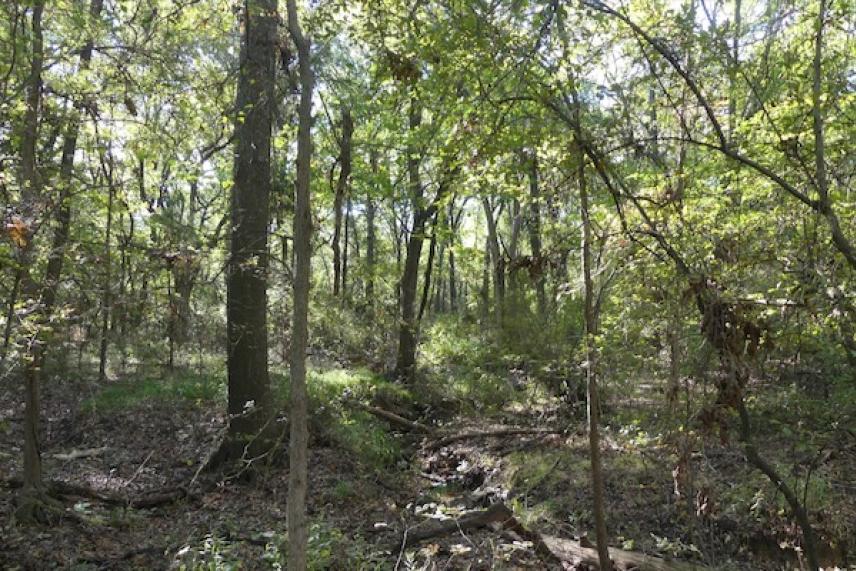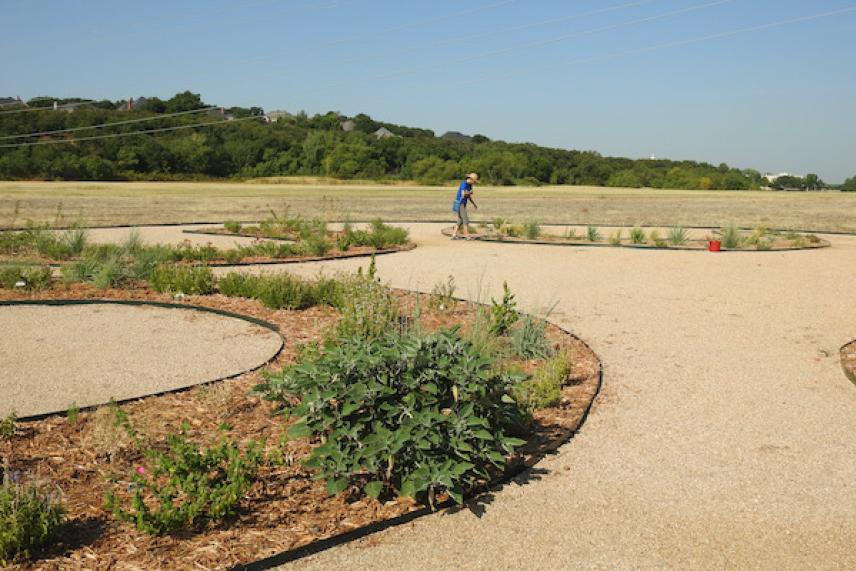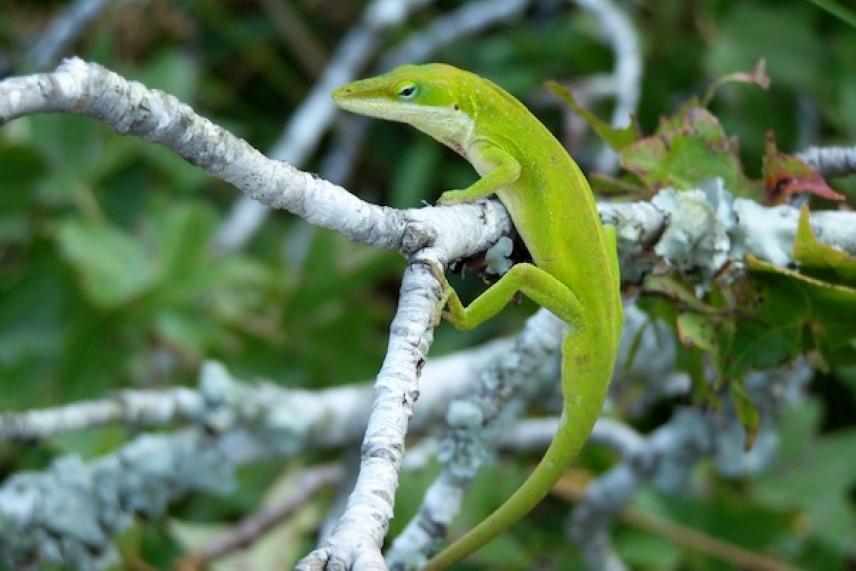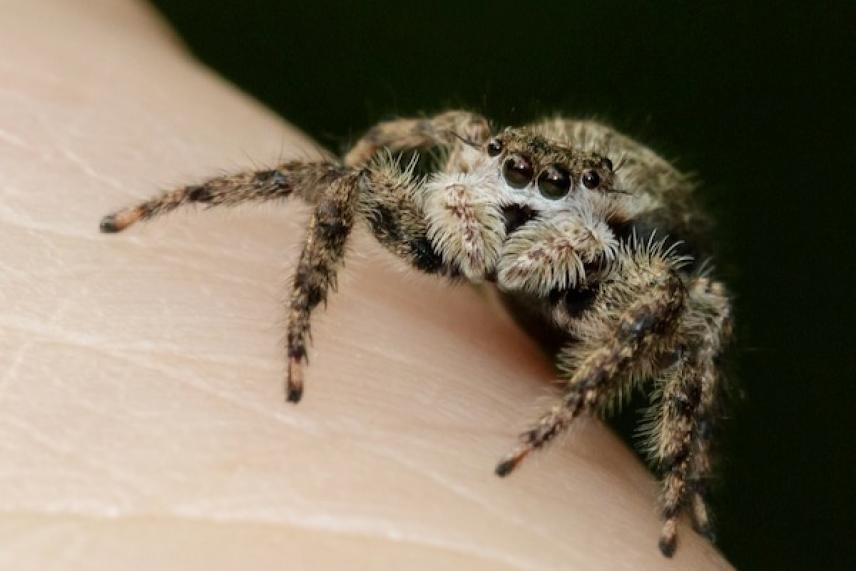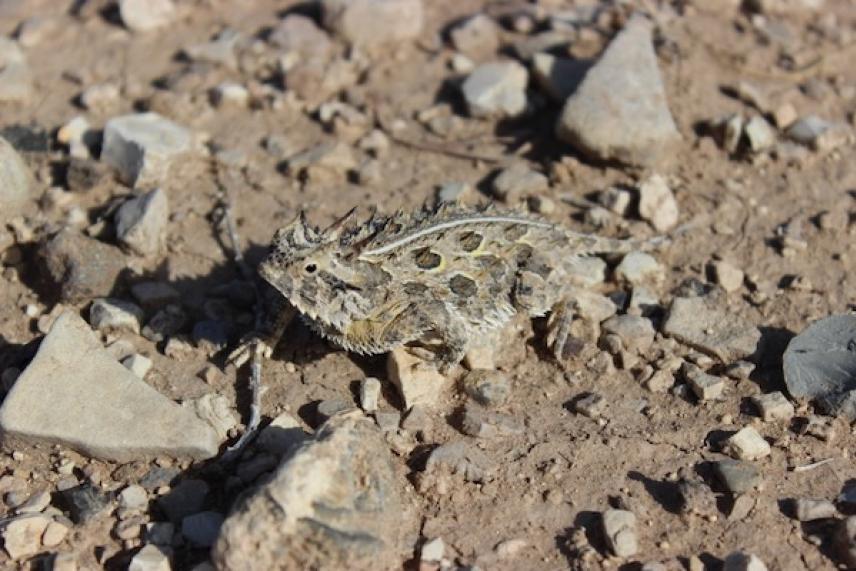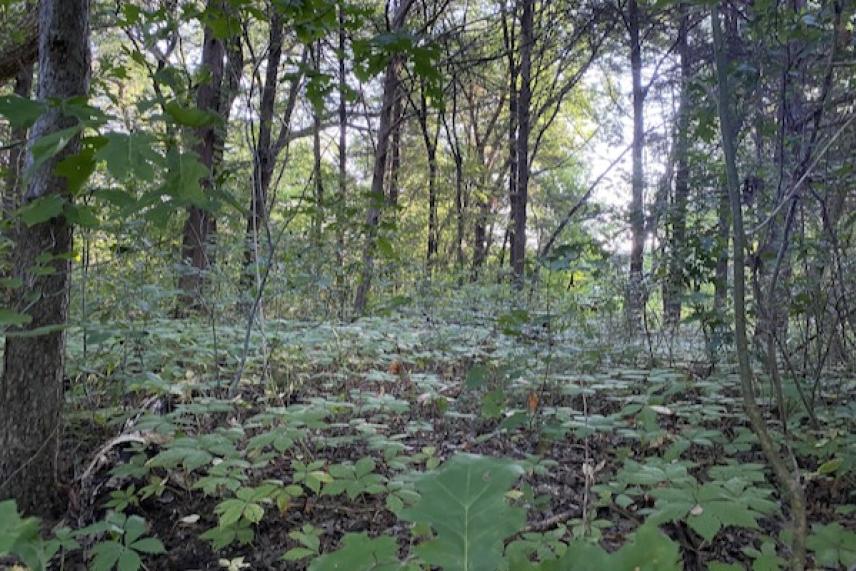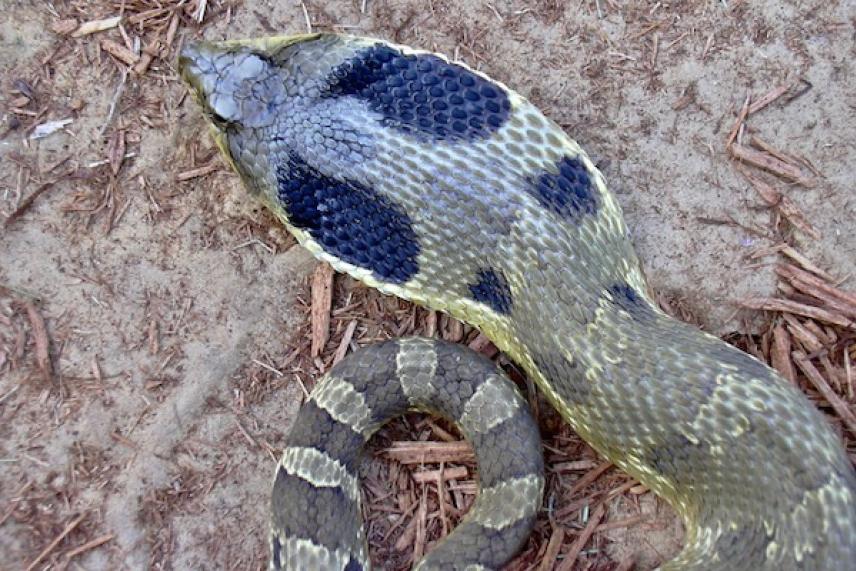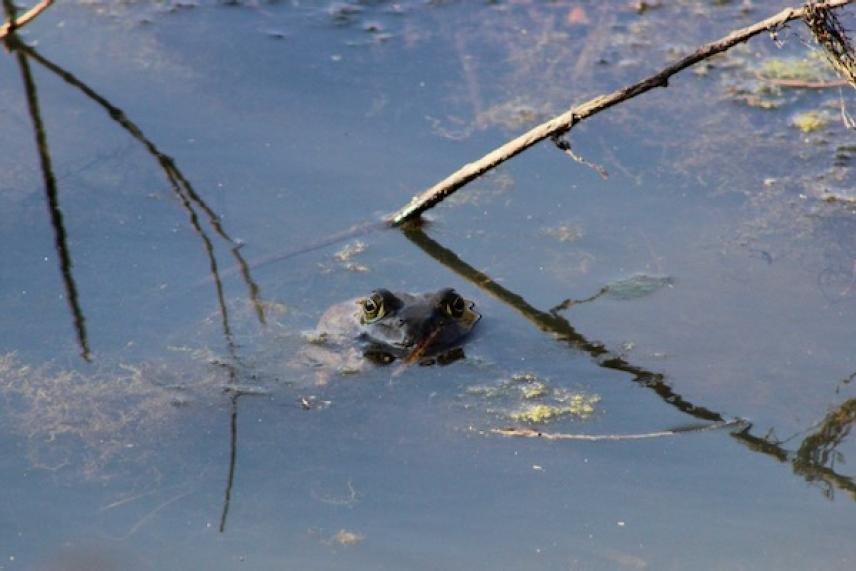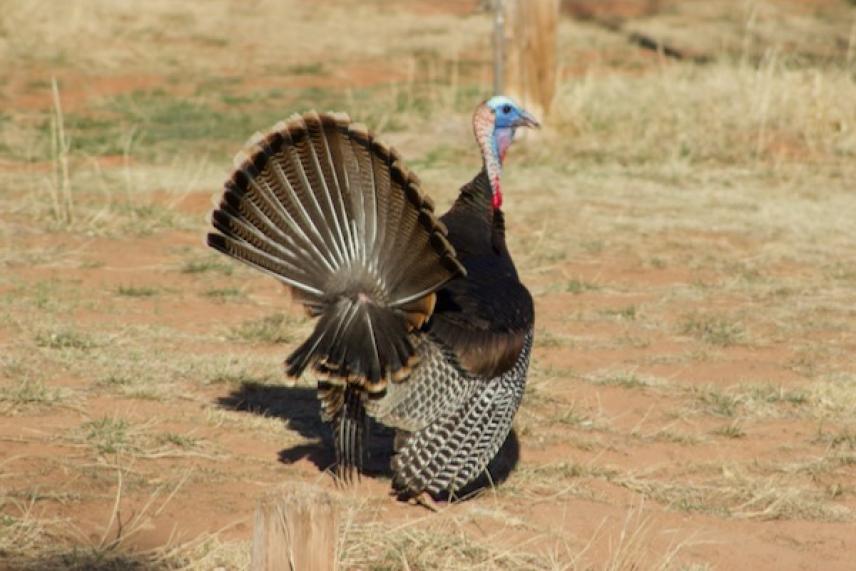
Michael Smith
SENIOR ENVIRONMENTAL REPORTER
Michael Smith is an Arlington-based writer and naturalist. He is author of two books on reptiles and amphibians and a forthcoming book is on mindfulness in nature.
He is retired after a 35-year career as a Psychological Associate, but still leads mindfulness walks and teaches nature journaling. See https://livesinnature.com or www.MSmith-info.page, or contact him at masmith.tx@gmail.com.
He is retired after a 35-year career as a Psychological Associate, but still leads mindfulness walks and teaches nature journaling. See https://livesinnature.com or www.MSmith-info.page, or contact him at masmith.tx@gmail.com.
